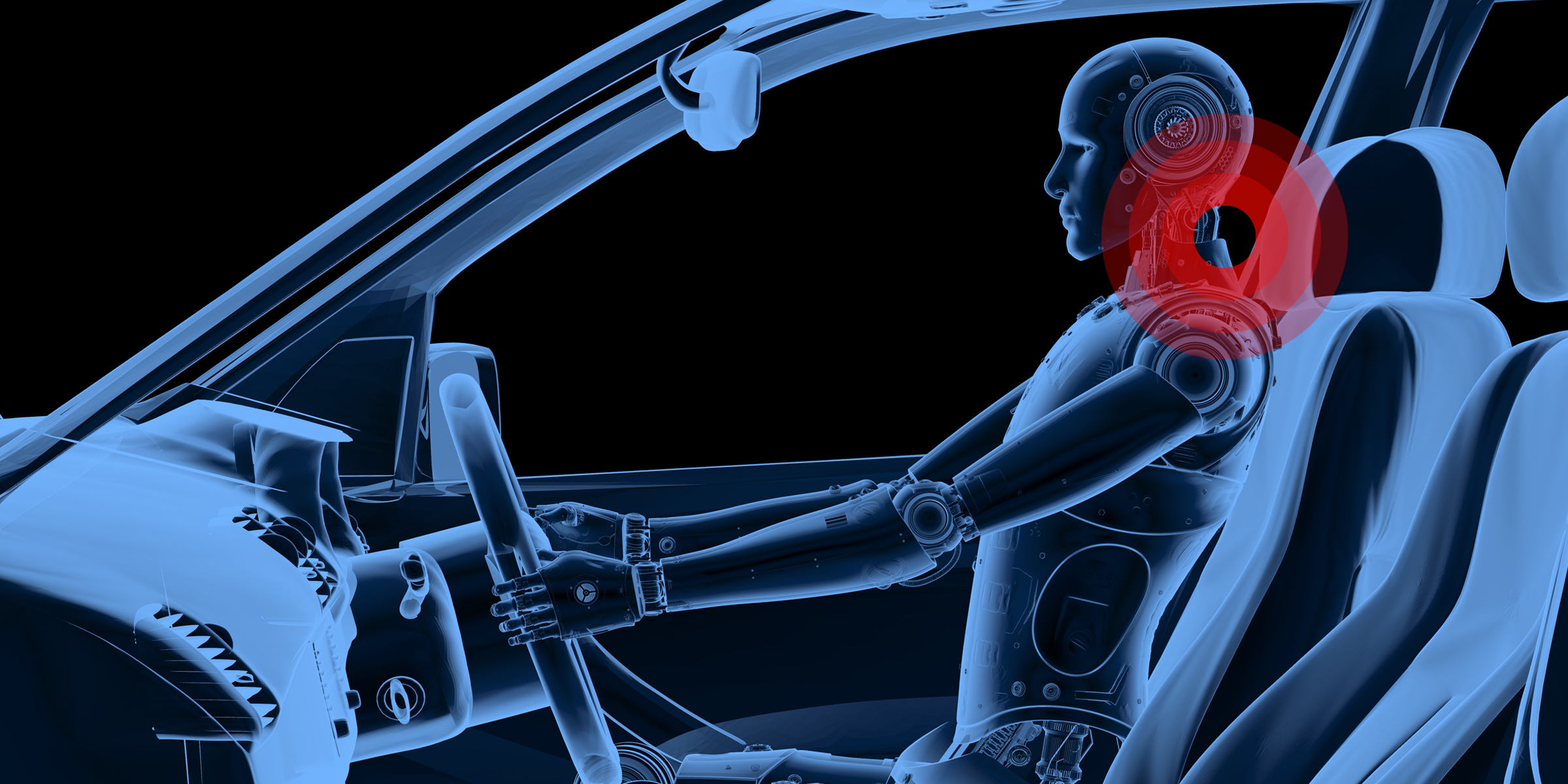Whiplash Injuries | Claiming for Compensation

What is Whiplash? – Injury Claims
There are many ways you can suffer a whiplash injury, but car accident is the most common. Less common causes include: a punch to the head, football tackles and falls. Whiplash is often referred to as a neck sprain or neck strain – (hyperextension of the neck). It is an injury to the soft tissues of the neck and back and is defined as an injury caused by a severe jerk to the head, typically in a car accident in urban traffic accidents.
What is Whiplash and what Causes it?
Has your life has been affected due to an accident caused by another party? If you have any questions, or would like to start a claim, Talk to us today, we are here to help.
Whiplash from Head on Collision – What are the Symptoms ?
How to know if you have a Whiplash Injury
While symptoms can take 6-12 hours to develop, they could keep getting worse for several days. It can take several hours for symptoms to develop after the neck injury. Difficulty moving your head because of neck pain, tenderness and stiffness are common. Neck ‘Strain’ (whiplash) is often confused with Neck ‘Sprain’. Neck strain or whiplash is caused by damage to the muscle or tendons (tissues that connect muscles to bones). Neck sprains, on the other hand, are caused by tearing of the ligaments (tissues that connect bones to each other). Having said that, the causes, symptoms and treatment of both neck strain and neck sprain are usually similar. Sometimes the pain of a whiplash injury is immediate but very often can take several hours or even days before the pain is noticed. Symptoms can include:
- Decreased range of motion and tightness in the neck.
- Muscles may feel firm or knotted.
- Pain when rocking the head from side to side or backward and forward.
- Stiffness when moving the head to look over the shoulder.
- Headaches at the base of the skull radiating towards the forehead & a tightening around the head and neck, followed by aches
- Dizziness: a sensation of spinning and losing one’s balance.
- Blurred vision: a lack of sharpness of vision resulting in the inability to see fine detail.
- Lower back pain between the bottom of your ribcage down to the top of your legs
- Sleep disturbances
- Difficulty with concentration and/or memory.
- Tinnitus: Ringing in the ears.
- Tenderness, Irritability, Weariness, Insomnia
- Numbness or weakness in the arms
What is the Average Whiplash Payout?
Head on Collision Insurance Claims
There are many factors which are taken into account when whiplash compensation is being calculated. The severity of the head on collision injury dictates the level of general damages paid, but Special Damages i.e. financial losses and how the injury has impacted your way of life can also make up a significant part of the claim. *Below Estimate of Figures – Personal Injuries Guidelines Sept 2022
Severe Neck Injury Claims Value – €150,000 – €300,000
Neck injury associated with incomplete paraplegia or resulting in permanent spastic quadriparesis or where despite the wearing of a collar 24 hours a day for a period of years, the neck could still not move, and severe headaches have proved intractable.
Moderate Neck Injury Claim Value – €12,000 – €23,000
Injuries which may have accelerated and/or exacerbated a pre-existing condition over a shorter period of time, usually less than five years. This bracket will also apply to moderate soft tissue injuries where the period of recovery has been relatively protracted and where there remains an increased vulnerability to further trauma or permanent minimal symptoms.
Minor Neck Injury Claim Value – €500 – €12,000
The majority of whiplash injuries are classified as minor, with a recovery time of between a few months and two years.
1. You must have suffered from a whiplash injury in no longer than the last 2 years. (Unless you are under 18, See Claiming for Children).
2. The accident must have been partially or fully caused by somebody else. You can also claim as a passenger.
3. Gather any evidence about the circumstances of the accident and your injury. Include photos, witnesses’ details from the incident or statements, as well as any medical reports.
4. You will need the Medical Report to support your claim before you can pursue it. Your whiplash injury will be proved with this report, it’s an assessment and diagnosis of the symptoms you are suffering from.
5. It’s best to see your doctor as soon as possible to receive the right treatment. Your treating doctor may also need you to go for an MRI, CT or X-Ray to confirm the diagnosis.
FAQs What you Need to know about Claiming for Whiplash
Is it hard to Claim for Whiplash?
The Irish court system in assessing damages are not bound by the figures published in the Injury Claims Guide but they will take these figures into account when assessing damages. In very severe cases where the claimant has not recovered the Court will assess damages up to the hearing date and will award a separate figure for pain and suffering into the future. In addition, the Court will award “Special Damages” ie, all expenses and costs incurred by the claimant to include loss of earnings up to the date of hearing and into the future, cost of care and in severe cases cost of future care.
How much can I get for my Whiplash Injury?
Many neck injuries are associated with back and shoulder problems. Often these injures can be disabling with the victim living with significant pain and disability. Others are mild in terms of pain. The assessment of damages for whiplash compensation requires particular care and scrutiny. If the injuries are exaggerated the case can be dismissed. Medical experts can often be reliant on the honesty of claimants. The court should make its findings based on the nature of the extent of the injury but will also take the below list into consideration Prognosis.
- Age;
- Nature, severity and duration of injury and consequential symptoms;
- Extent of medical intervention and treatment needed;
- Evidence or risk of degenerative changes;
- The Impact of the whiplash injury on the claimants work;
- How has the injury interfered with quality of life and leisure activities;
- Impact on personal relationships;
- Prognosis.
Do whiplash claims get rejected?
Whiplash claims may be rejected if they are not submitted within 2 years (for claimants over the age of 18) they will also be rejected if the accident was your fault / you staged the incident. If you don’t have the right medical report, or the court thinks the accident was staged, your case could be dismissed.
How long do I have to make a whiplash claim?
You have 2 years from the date of the accident in which to make a claim.
Can I make a whiplash claim if I was a passenger?
This is a placeholder tab content. It is important to have the necessary information in the block, but at this stage, it is just a placeholder to help you visualise how the content is displayed. Feel free to edit this with your actual content.
How does a doctor diagnose whiplash?
It’s vital to see a doctor immediately if you’ve been involved in an accident or had any sudden impact to your head and feel neck pain and / or stiffness. Most whiplash symptoms of the back and neck can be treated with ‘over the counter’ painkillers. Physical therapy helps to increase circulation, restore range of motion, and promote healing. If your pain lasts a long time you should be referred for specialist treatment.
What are the treatments for mild whiplash symptoms?
Medication: With mild whiplash injuries your doctor will usually prescribe over the counter pain medication. More severe injuries will require prescription pain killers and muscle relaxants to reduce muscle spasms.
Physiotherapy: In addition, physiotherapy will often be advised along with a home exercise programme to regain strength and flexibility in the neck. Patients will often be advised to practice good posture and relaxation techniques to help the neck muscles from straining and to assist with recovery.
Collar: Patients are sometimes offered a foam collar to keep the neck stable. Usually, collars should be worn for no more than 2 or 3 hours at a time. Doctors will very often will advise that they should not be used for longer than a few days following the injury. Other remedies include chiropractic care, electronic nerve stimulation and acupuncture.
What causes a severe Whiplash Injury?
Severe injuries can occur if a person’s head is turned at the time of impact. A history of neck injury may also contribute to increased whiplash pain. The amount of pain a person suffers after an accident is complicated by that individual’s susceptibility to injury-which can be difficult to predict.
How long does it take to recover from Whiplash?
Many of us don’t realise the severity of whiplash and the impact it can have on a person’s life. The effects of whiplash can leave you feeling pain for days, months, and sometimes the pain can persist indefinitely. Some victims of a whiplash injury may experience chronic pain or headaches for years following an accident resulting from damaged neck joints, discs and ligaments.
Whiplash injuries, depending on the severity can last from a couple of weeks to years. For the best chance of speeding up your recovery, seek medical attention as early as possible. Your doctor will be able to properly diagnose your injuries and advise on a treatment plan to help assist your recovery.
How Long Does Whiplash Last?
Whiplash sometimes only lasts a few days but can last more than a year in severe cases.
Can Whiplash Come Back?
Like any injury, whiplash pain can reoccur. However, with the right treatment and care you should expect to make a full and permanent recovery.
FAQs – Going to Court
Will my Case Go to Court?
We deal with every case on the basis that it may end up in Court – in reality cases don’t always go to court and usually settle beforehand. If the defendants Insurance Company has not offered enough or has made no offer on your case, then your case may go to court. However, if any offer has been made, you (the claimant) decide whether or not to accept it. Your Solicitor will give you advice in relation to accepting or rejecting the offer, but the ultimate decision is yours. If no offer is made, then this indicates that the other side is reasonably confident of defending the case.
Why would my Case go to Court?
Cases go to court for two reasons, either the Defendant has not offered enough Compensation or the Defendant has made No offer. If an offer is made, then it is you who decides whether or not to accept the offer. Your Solicitor will provide advice in relation to any offer, but the ultimate decision is yours. If no offer is made, then this would indicate that the other side is reasonably confident of successfully defending the case. In such event your options will be clearly outlined to you.ctual content.
What happens if my case does go to Court?
If your case does go to court, there is no reason for concern about appearing in court as your your solicitor will lead you through your evidence. You simply answer all questions to the best of your ability. And your legal team will be there to support you throughout the whole case. You are firstly examined by your own Barrister, following which, the Defendant’s Barrister will cross-examine and attempt to illicit details from you. These questions may be favourable to the Defendant’s case. The Judge may also have questions.
3 Tips For Going to Court
- When arriving for your case, it is important that you dress in a manner which shows proper respect to the Court.
- If being questioned in court, Try to avoid giving hasty or confused replies.
- If you are not sure of the answer to any question, you should say so, Your legal team are there to support you.
Do I need to bring a Witness to Court?
After completion of your evidence, the evidence of any other witnesses is heard. This may include a Medical Practitioner. Their evidence is usually admitted as a Medical Report handed into the Judge. Other witnesses may include an engineer and any person who witnessed the event.
Pre-Trial Consultation
A few days prior to / or on the day of your trial, a consultation takes place with Counsel from both sides. During this meeting, if an offer is made from the other side, our legal team will provide detailed legal advice in relation to the offer, but ultimately the decision is yours whether you accept or not. If no offer is made, then this would clearly indicate that the other side is reasonably confident of successfully defending the case. In such an event, your options will be clearly explained to you by us.
How does the Judge reach their decision on liability?
When all the witnesses have been heard, and Counsel has made any relevant points to the Court, the Judge makes his/her decision, more often than not on the day, but on occasion, they may postpone the judgement to another day. The judge delivers their decision on liability, and if in favour of the Plaintiff will make an Award of Damages as Compensation.
When will I get my compensation award?
Following a settlement or court award it typically takes about 3 weeks for a cheque to issue from the major Insurance companies. Local Authorities can take longer, usually about 8 weeks.
Got a Question about Starting a Claim for a Road Traffic Accident, Talk to us, We are here to help
You can start your claim today. Contact us by phone, email and a solicitor will contact you without delay.

014537890

info@lawline.ie
What you need to know about General and Special Damages
What are General Damages?
General Damages in Personal Injury Cases for example; a Traffic Accident, are in place to compensate you for the impact the injury has and will have on your life. This includes pain and suffering mild or severe sustained from the injury. This pain can be physical but also physiological. Read more on Post Traumatic Stress Claims. The amount awarded will also be based on the impact of your injuries on your daily life such as short term or a permanent disability or disfigurement. A further consideration for the compensation end figure includes what areas of the body were temporarily or permanently affected.
What are Special Damages?
Special Damages consist of your out of pocket expenses such as Loss of earnings, Medical Expenses, Travelling expenses, Care hire etc.
How to know if I have an Injury Claim
Before accepting your instructions, we will have discussed your case with you and will have advised you of the strengths and weaknesses (if any) of your case. In many cases, it is very clear from the outset that an injured party will succeed in being fully compensated, for example, where the injury results from a motor accident when the client is a passenger, to give but one example. In some cases, the courts apportion liability, i.e. they rule in favour of the Plaintiff but make a deduction from the full value of the case on the basis of the Plaintiff’s “contributory negligence.”
What if I was partly to Blame for the Accident?
It is important to note that many valid claims are never brought because an injured party feels the accident was his own fault, whereas the primary cause of the accident may well rest with some other party, and the injured party’s own carelessness may only have been a contributing factor. In such cases the courts may apportion Liability. It is therefore always advisable to consult a solicitor concerning any injury resulting from an accident.
How long does it take to get paid after the Settlement?
Following a settlement or a Court Award, it typically takes about 4 weeks for payment to issue from the major Insurance companies. Local Authorities can take longer, usually about 4 – 8 weeks.
Who pays out the Compensation Award?
A compensation figure is firstly offered by the defendants Insurance Company. Insurance Companies will often make a low value offer to your solicitor. It’s always the objective of the Insurance company to pay out less money. In Most cases your solicitor will reject this offer when the defendant appears to be liable.
Defendants and their insurance companies will want to avoid the expense of Going to Court.
Once the insurance company realises the defendants liability position, an appropriate settlement offer will be made. If the case is complicated, this can cause delays.
Once an insurance company has admitted liability on behalf of the defendant and agreed to process the claim, this moves quickly. Typically, the claimant will receive their compensation payment (from initial offer to agreed offer) within a few weeks.
What is a Personal Injury Claim?
A personal injury is defined as either a physical injury, disease or illness, or a psychological injury / condition that has been caused by someone else.
If you were injured in an accident due to no fault or your own, Irish law entitles you to claim General Damages compensation for your injuries sustained, Loss of Income, Future Care and possibly other Special Damages. Our personal injury solicitors deal with a wide range of minor to catastrophic and life changing injuries. So, If you have suffered a personal injury and want to make a claim for an accident, contact our team today by phone: Click to call 014537890, email: info@lawline.ie or Tell us about your case.
Synnott Lawline Personal Injury and Medical Negligence Claims
Our firm provides legal assistance to individuals who have suffered injuries due to the negligence or wrongdoing of another party. Our services encompass a wide range of actions, including investigating the circumstances of the accident, gathering evidence for your case, advising you on your legal rights and options, and negotiating with insurance companies to reach a fair settlement. If necessary, we will also represent you in court proceedings if a settlement cannot be achieved. We aim to ensure that your medical expenses, lost income, and compensation for pain and suffering are adequately addressed while navigating the complex legal landscape on your behalf. below is a list of some of our services. If you have a query on starting an injury claim, contact us today, we are her to help.
Personal Injury Claims
Road Accident Injury Claims
Medical Negligence Claims

Download Injury Claims Guide Booklet
Synnott Lawline Solicitors developed this compensation claims guide to give our clients an understanding of the personal injury claims process. Throughout your case we may make reference to sections in this guide. Topics include: The claims process, How to know if you have a case, Legal costs, Going to court, Statute of limitations, PIAB, Medical examinations and more.
